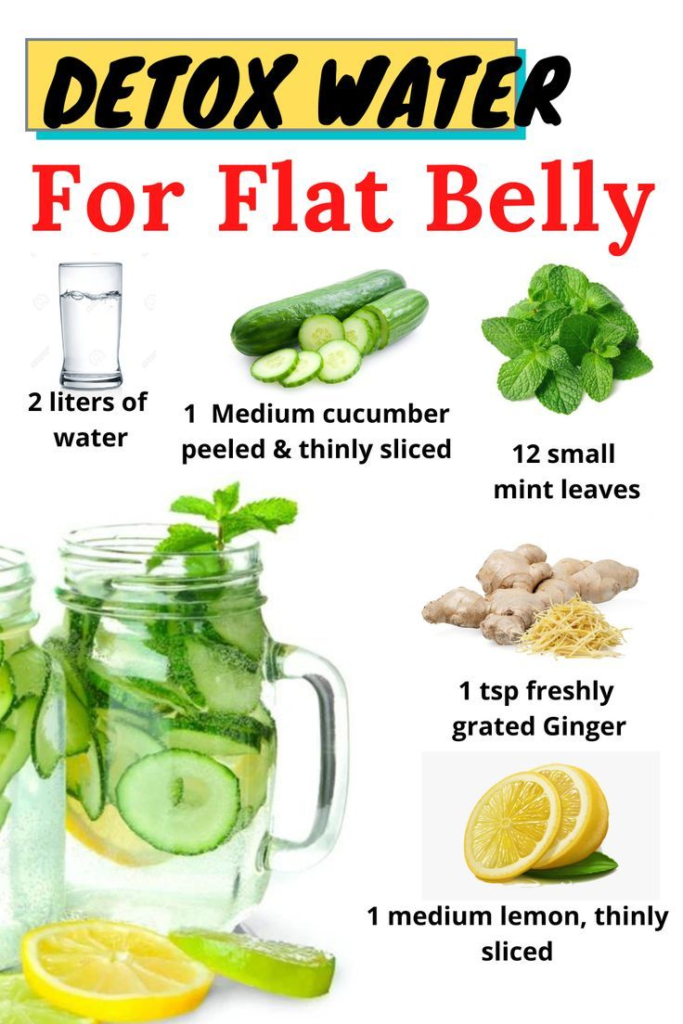Hydrating is a simple yet powerful way of maintaining proper bodily functions. It helps the brain, blood vessels, and the heart. Read on to find out how.
Only a few individuals drink enough water nowadays. Hydration is crucial in that it aids in digestion and improves metabolism. Apart from that, water also helps the body remove toxic waste products and cleanse the body.
It is recommended that eight glasses of water per day is necessary for optimal body performance. But which other reasons are there for hydration? Let’s discuss them below.
Enhanced Brain Performance

Dehydration may affect memory and concentration in most people. The brain requires water to perform at its best, and its productivity decreases when the supply is low. Increasing water intake significantly helps the brain’s performance and overall health. Eating brain-enhancing foods is also beneficial.
Hydrating stabilizes emotions and anxiety, meaning that it relaxes a person during stressful times. It also clears brain fog enabling a clear thought process and decision-making.
Kidney Stone Prevention

Kidney stones are clumps of mineral crystals that form in the urinary tract. Dehydration can cause kidney stone development, which is a painful condition. Proper hydration prevents urinary tract infection which reduces the chances of developing a kidney stone.
Water dilutes the concentration and flushes out any harmful bacteria in the kidney. By doing so, the bacteria cannot cause any damage and promotes proper kidney function.
Hydration Improves Digestion

Without enough hydration, your body may experience bloating, irritable bowel movements, or even heartburn. Therefore, water is a crucial element in digestion. Water helps to break down the soluble fiber for proper digestion.
Also, sodium (salt) or magnesium is an efficient way of adding nutrients to the water and replenishing your electrolytes.
Staying Hydrated Manages Weight

Drinking water on an empty stomach provides a small sense of satiety. This prevents regular snacking in-between meals. Water also boosts metabolism, aiding in digestion and better nutrient absorption.
By drinking water and not snacking, you increase the chances of losing weight from unnecessary snacking. The approach is effective in maintaining weight as well.
Hydration Enhances Detoxification

Detoxification is the process of removing toxic waste from the body. Excretion is done through sweat, urine, and bowel movements. Detoxification is aided by sufficient hydration, helping with the body’s cleansing.
Water plays a key role in that it quickens the removal of toxins. In addition, it provides lubrication and swift operation in other organs. Better lifestyle choices are needed to help in detoxification as well.
Key Takeaways
Water is a big part of our daily lives. It helps to calm anxiety, maintain proper digestion, and keep the kidneys healthy and functional. The daily recommendation of water intake is eight glasses per day. Although, this may vary from person to person. Ensuring you are sufficiently hydrated is key to a healthy lifestyle.
FAQ
Can dehydration lead to kidney stones?
Dehydration does lead to kidney stones if a person does not hydrate often. Kidney stones are painful and may take time to eliminate.
Is water the best option for weight loss?
Water is among the best options for weight loss. When taken on an empty stomach, it provides a sense of satiety.
Does the brain need water to function properly?
The brain relies on water for proper functionality. Without water, the brain cannot get sufficient oxygen, thus leading to brain fog and fatigue.
